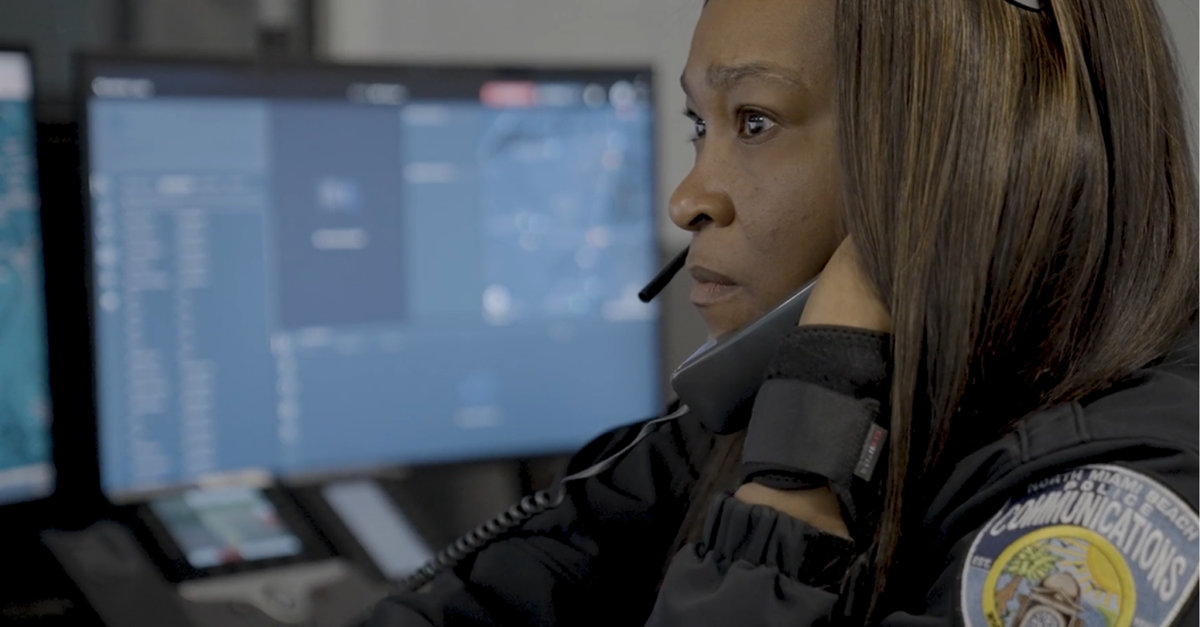
911 Public Safety Telecommunicators are the true first responders. When an emergency strikes, they are the first point of contact and the first line of help for those in need. Today, more than ever, they have the training, skills, and sophistication to do this successfully.
Yet in most states, and even at the federal level, their critical work is still classified as clerical or secretarial. Most in the general population go about their day never even thinking about this issue. However, for us at Carbyne, and everyone else in the public safety community, this continues to be a pressing issue that we must address.
The outdated classification of 911 work fails to recognize the life-saving skills and immense responsibilities dispatchers take on every day. Reclassification is essential to elevate the profession and ensure these professionals get the recognition, support, benefits, and resources they deserve.
The job of these professionals goes far beyond clerical work! They undergo rigorous training to quickly assess situations, handle sophisticated software, provide pre-arrival instructions, coordinate responses, and guide both callers and first responders to ensure emergencies are mitigated quickly and efficiently.
This requires expertise in call evaluation, multi-tasking, crisis intervention, customer service, and more. On every call, they make rapid, high-stakes decisions that can mean the difference between life and death.
Despite the complexities of their work, many dispatchers face inadequate pay, limited benefits, high stress levels, and a lack of mental health support. 2024 results of The Pulse of 911 study commissioned by NENA and Carbyne showed that 22% of telecommunicators work mandatory overtime daily and 38% of them work voluntary overtime daily. 34% of the women and 26% of men surveyed reported feeling stressed at work. Yet at the end of the day, telecommunicators love what they do. An overwhelming 87% of respondents said they “love” or “like” their jobs.
Classifying their role as clerical downplays the skills involved and enables these issues to persist. It also makes it difficult for centers to recruit and retain talented professionals. The same study also found that 75% of Emergency Call Centers lack the budget to increase their workforce and 82% of those with a budget face difficulties in recruitment and retention.
Reclassification at the local and federal levels is critical to changing perceptions and elevating the profession. Our first first responders deserve our respect and support. Let’s advocate for them to get the resources they need.
NENA has made it easy for all of us in the industry to advocate for reclassification with a wealth of resources to communicate directly with your government representatives. You can access a comprehensive guide here.